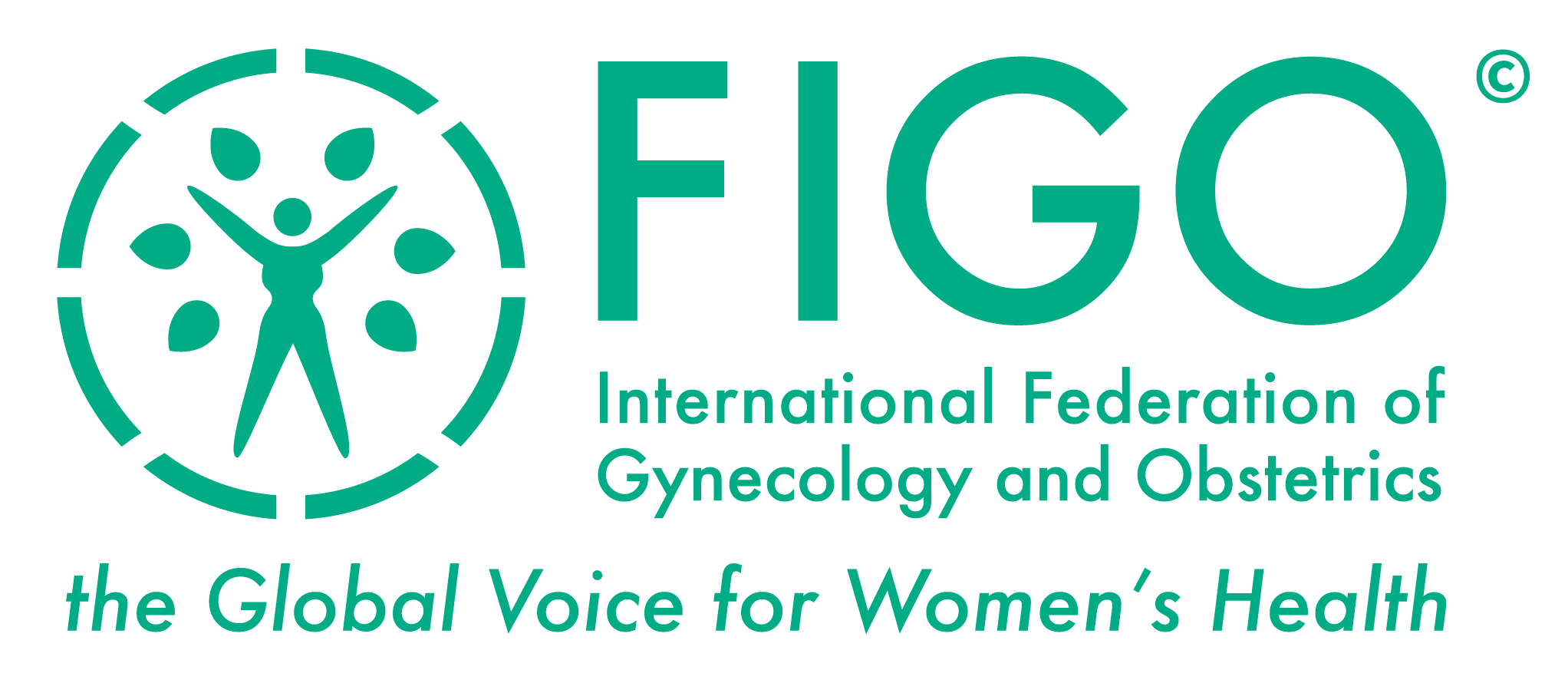
3. Value of Children: Children are highly valued in all countries and cultures. They play many important roles in families and communities, especially in developing countries.
The value of children is derived from the functions they serve and the needs they fulfill for both parents and society. These comprise personal, socio-cultural, economic and religious/spiritual aspects (Hoffman and Hoffman, 1973). While children are desired everywhere in the world, their role and importance vary among regions and cultures.
Children are valued globally for the joy and happiness they bring and for satisfying other emotional needs of their parents and family members. In many developing countries, children are also the purpose of marriage. They therefore stabilize the marital relationship and fulfill a couples’ social obligation within the family network and social community.
Both male and female gender identity is often linked to successful procreation and parenthood. In addition, full adult status may only be achieved through parenthood, especially in low resource settings where other indicators of adulthood such as education or material wealth may not be accessible.
In many developing countries, children, and sons in particular, bestow social status, power, wealth and prestige on their parents and the family lineage. Overall respect and the ability to participate in community celebrations, and to speak and be heard in meetings is often the privilege of those with children (Nahar, 2012).
In the absence of reliable social programmes rendered by government, children confer old-age security and care during illness. Children also assist with domestic- and subsistence-related tasks, such as carrying water, looking after livestock and helping with farming, fishing or other family enterprises. In rural settings, land claims may be negotiated through the number of children.
In several African countries, motherhood protects rights of inheritance and residence. A widowed, childless woman may not be able to inherit from her deceased husband, as his wealth will stay within the patrilineal family. Without a son, she may also lose the right to live in her husband’s house or compound.
In many cultures there is a religious mandate to reproduce, and children are seen as a spiritual blessing. Moreover, children confer a sense of continuity as they maintain the family line and protect family resources through inheritance. They play an important role in funeral traditions, ensuring proper burial and mourning and, in some cultures, protecting their parents from the shame of being buried marked as barren.
Many studies have documented the financial cost of infertility treatment. However, it is important also to consider the value to family and society of a child over its lifetime. Some studies have even placed a monetary value on the life of a child conceived through IVF. In the USA a net value of approximately $155,000 USD has been calculated, representing a 700% net return to government on an initial IVF investment (Connolly et al, 2008). In Brazil, a developing country, the net present value of a citizen conceived by IVF was calculated at $61,428 USD (calculating life time taxes and subtracting ART costs and average, life time government benefits). Only under unfavorable economic conditions, characterized by a high depreciation of money over time, did an IVF-conceived citizen create a government debt. This debt however was small ($563 USD) and would easily be compensated if the IVF citizen had a child, thereby generating fiscal contribution in the next generation (Kroeger and Ejzenberg, 2012).
Understanding the value of children, and how it differs across regions, is important. At a demographic level it contributes to understanding why fertility rates stay high in some regions, while falling below replacement rates in others. For the healthcare worker, it offers insight into the many losses infertile people may be experiencing. At a health-political level, failure to appreciate the value of children may result in underestimating the impact of involuntary childlessness and in neglecting the reproductive health needs of infertile women and men.
